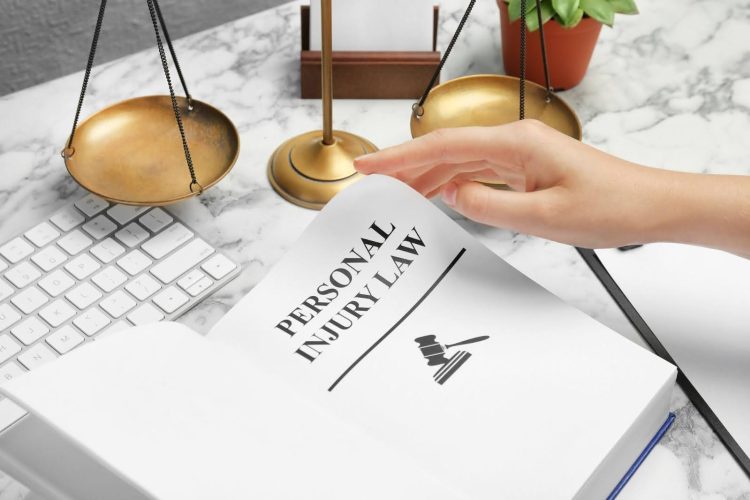In the competitive world of personal injury law, standing out and attracting new clients can be challenging. This is where Pay-Per-Click (PPC) advertising has emerged as a powerful tool that can help personal injury lawyers reach their target audience effectively. Pay per click ads for personal injury lawyers come with various benefits, some of which are listed below:
Immediate Visibility and Traffic
One of the most significant advantages of PPC advertising is the immediate visibility it provides. Unlike SEO, which can take months to show results, PPC ads appear at the top of search engine results pages (SERPs) almost instantly after a campaign is launched. This immediate visibility translates to increased website traffic and potential client inquiries. For personal injury lawyers, this can mean a quick influx of leads, especially when running campaigns during peak times, such as after natural disasters or major accidents.
Targeted Advertising
PPC advertising allows for highly targeted campaigns. Personal injury lawyers can tailor their ads to reach specific demographics, locations, and even times of day. This precision ensures that the ads are shown to the most relevant audience. This level of targeting maximizes the effectiveness of the ads and increases the likelihood of attracting clients who need your specific services.
Cost-Effective Marketing
PPC ads are a cost-effective marketing solution because you only pay when someone clicks on your ad. This model, known as cost-per-click (CPC), ensures that your marketing budget is spent on actual leads rather than just impressions. Additionally, you have control over your budget and can set daily or monthly limits to ensure you don’t overspend.
Measurable Results
One of the standout benefits of PPC advertising is the ability to measure results precisely. PPC platforms like Google Ads provide detailed analytics that tracks various metrics, such as clicks, impressions, conversion rates, and cost-per-conversion. This data allows personal injury lawyers to gauge the effectiveness of their campaigns and make data-driven decisions.
Enhanced Brand Awareness
Even if a user does not click on your PPC ad, seeing your firm’s name at the top of search results can enhance brand awareness. Repeated exposure to your brand name increases the likelihood that potential clients will remember your firm when they need legal services. Over time, this increased visibility helps establish your firm as a recognized authority in personal injury law, which can lead to more organic traffic and referrals.
Flexibility and Control
PPC advertising offers a high degree of flexibility and control. You can easily adjust your campaigns based on performance, changing keywords, ad copy, targeting options, and budget allocations. This flexibility allows you to respond quickly to market changes, new trends, or emerging opportunities.
High Conversion Rates
As PPC ads target users who are actively searching for legal services, they often result in higher conversion rates compared to other marketing methods. These users have a clear intent to find a personal injury lawyer, making them more likely to contact your firm after clicking on your ad. By creating compelling ad copy and landing pages that address the user’s needs and concerns, you can further increase your chances of converting clicks into clients.
Competitive Advantage
In this area of law, staying ahead of your competitors is crucial. PPC advertising provides a way to gain a competitive edge by ensuring your firm is prominently displayed in search results. Even if your competitors are also using PPC, well-crafted ads and strategic bidding can help you outrank them and capture more leads.
PPC advertising offers numerous benefits for personal injury lawyers looking to enhance their online presence and attract more clients. From immediate visibility and targeted advertising to measurable results and high conversion rates, PPC is a powerful tool that can drive significant growth for law firms.

